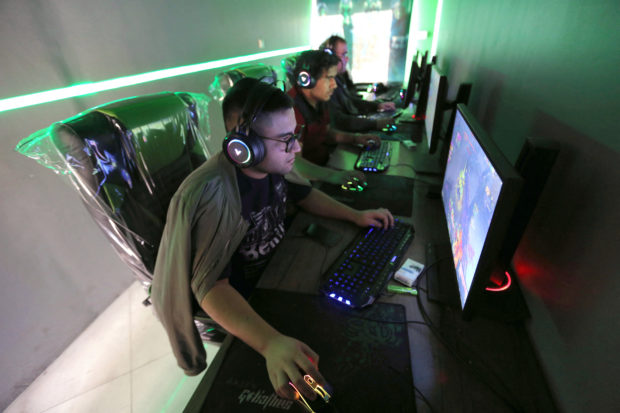
Youths play an online multiplayer game at an internet cafe in Iran’s capital Tehran on Jan. 24, 2021. Image: AFP/Atta Kenare
Almost one in four internet users worldwide routinely allow applications and online services to access their microphone or webcam. However, this can be dangerous in some cases, where ill-willed people could spy on them remotely.
Worldwide, 23% of internet users authorize by default any application or service to access their webcam or microphone, according to a study by Kaspersky. While these tools can obviously be useful for professional exchanges or virtual exchanges with friends, they should not be left accessible all the time. Moreover, a majority of respondents are aware of this problem. Thus, 59% of the people surveyed fear being observed without their knowledge through their webcam.
For the past year, the COVID-19 pandemic has forced many people, both professionals and students, to work from home. One of the consequences is the explosion of the use of videoconferencing applications for which access to the camera is nearly systematic. However, it is important to be very vigilant regarding authorizations for other services and applications that, in fact, have no need for them.
It is therefore recommended to have a camera cover, like a simple Post-it, to avoid potential spying. Even Mark Zuckerberg uses one. You should also regularly check which applications already have access to your camera or microphone, and remove these authorizations when they are not absolutely necessary. This applies to both your computer and your smartphone.
Kaspersky’s “Consumer IT Security Risks Survey” was conducted in September and October 2020 among 1,570 consumers around the world. JB
RELATED STORIES:
French internet users hate online ads the most, says study
Punk band Converge gets complaints from Filipinos over internet woes